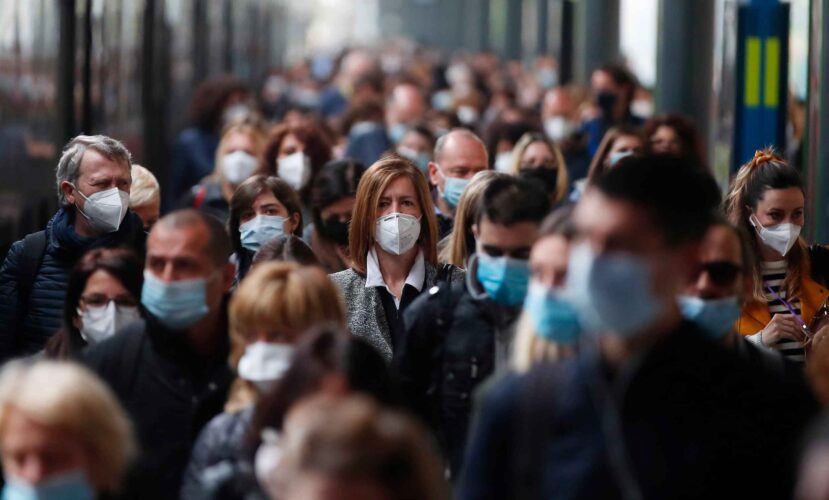North Carolina ban on face masks in certain contexts, sparking a wide range of reactions and discussions. This article aims to provide a comprehensive overview of the new legislation, its implications, and the various perspectives surrounding the issue.
Background
Historically, North Carolina had a law dating back to 1953 that prohibited the wearing of masks in public, aimed primarily at curbing the activities of the Ku Klux Klan. This law was rarely enforced in modern times until the COVID-19 pandemic necessitated widespread mask usage for public health reasons. With the pandemic’s impact waning, the state has revisited its stance on face coverings.
The New Legislation
Key Provisions North Carolina Ban on Face Masks
- Scope of the Ban: The ban applies to the wearing of face masks in public spaces, with specific exceptions.
- Exceptions: The law allows exceptions for medical reasons, occupational safety, religious beliefs, and during public health emergencies as declared by the governor.
- Enforcement: Law enforcement agencies are tasked with ensuring compliance, although the approach will be educational rather than punitive initially.
Rationale
The proponents of the ban argue that it is necessary to restore normalcy and transparency in public interactions. They believe that as the threat of COVID-19 diminishes, the need for mandatory face coverings should also decrease.
Implications
Public Health
Health experts have expressed concerns that the ban may lead to confusion and complacency, especially in settings where masks are still advisable, such as crowded indoor areas or during flu season.
Social Impact
The ban has been met with mixed reactions from the public. Some support the move, viewing it as a step towards normalcy, while others worry about the potential health risks, especially for vulnerable populations.
Legal Considerations
The legislation has sparked debates about individual rights versus public safety. Civil liberties advocates argue that individuals should have the right to choose whether to wear a mask. At the same time, supporters of the ban emphasize the need for clear guidelines to avoid legal ambiguities.

Perspectives
Supporters
- Transparency: Advocates argue that masks hinder clear communication and transparency in public interactions.
- Return to Normalcy: Many believe that lifting mask mandates symbolizes a return to pre-pandemic normalcy and can boost economic activities and social cohesion.
Opponents
- Health Risks: Critics warn that the ban could increase health risks, particularly in densely populated areas or among high-risk groups.
- Civil Liberties: Some view the ban as an infringement on personal freedom and the right to make individual health decisions.
FAQs
Why has implemented North Carolina a ban on face masks?
North Carolina’s ban on face masks is intended to restore normal public interactions and reduce confusion as the immediate threat of COVID-19 decreases. The state believes it is a step towards normalcy while allowing exceptions for specific situations.
Are there any exceptions to the face mask ban?
Yes, exceptions include medical reasons, occupational safety, religious practices, and public health emergencies declared by the governor.
How will the ban be enforced?
The enforcement will primarily be educational, with law enforcement agencies tasked with ensuring compliance and informing the public about the new regulations.
What are the potential health risks of the ban?
Health experts warn that the ban may lead to increased health risks in crowded indoor spaces and among vulnerable populations, as it could reduce the overall use of masks.
How does the ban impact civil liberties?
The ban has sparked debates about individual rights, with some arguing that it infringes on personal freedom and the right to make individual health decisions.
Conclusion
The North Carolina ban on face masks is a controversial measure with significant implications for public health, social interactions, and civil liberties. As the state navigates the post-pandemic landscape, the balance between safety and normalcy will continue to be debated and adjusted. Understanding the nuances of this legislation is crucial for all North Carolinians as they adapt to the new regulations.

